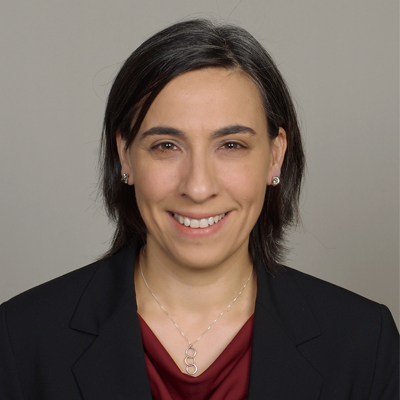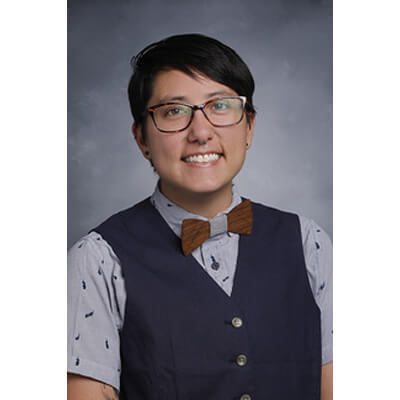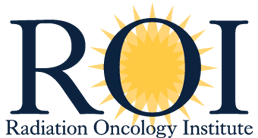G. Nic Rider, PhD, and Stephanie Terezakis, MD
Understanding Disparities in Cancer Care for the LGBTQ+ Community


G. Nic Rider, PhD, and Stephanie Terezakis, MD, of the University of Minnesota – Twin Cities are working to improve cancer care for patients who identify as lesbian, gay, bisexual, transgender, queer, and/or questioning (LGBTQ+). They are seeking to better serve this medically vulnerable population by leading a study to assess current health care practices and the needs of health care providers working in radiation oncology with LGBTQ+ patients.
Discrimination, access to health care, and a lack of knowledgeable providers are major barriers for LGBTQ+ individuals seeking care. They are also less likely to receive routine cancer screening and have elevated cancer mortality rates. Recent studies have shown that when LGBTQ+ individuals do obtain care, they often encounter insensitivity and disrespect and bear the emotional labors of educating their providers on gender identity, sexual orientation, and LGBTQ+ health concerns. “Current health care provider education lacks routine training in how to work with LGBTQ+ patients with cancer, and training providers who do not discriminate and are knowledgeable about the unique needs of the LGBTQ+ community is essential to reducing disparities,” says Dr. Rider.
In an unprecedented collaboration between the Program in Human Sexuality and the Department of Radiation Oncology, Dr. Rider and Dr. Terezakis are conducting a qualitative study to evaluate the knowledge gap of radiation oncology providers regarding LGBTQ+ patients’ needs. They are interviewing health care providers, including residents and fellows, staff physicians, and nursing and clinical staff, who work with LGBTQ+ patients with cancer to better understand:
- Their experience working with LGBTQ+ patients with cancer.
- Their comfort working with this population.
- Their professional training and further training needs specific to this population.
The analysis of the responses will provide rich information about the training needs of various health care providers to deliver more competent, quality care to LGBTQ+ patients with cancer. Ultimately, Dr. Rider and Dr. Terezakis will develop a larger-scale survey to be distributed to radiation oncology departments across the U.S. and will begin to create an educational framework for the radiation oncology community to help improve care for LGBTQ+ patients.














